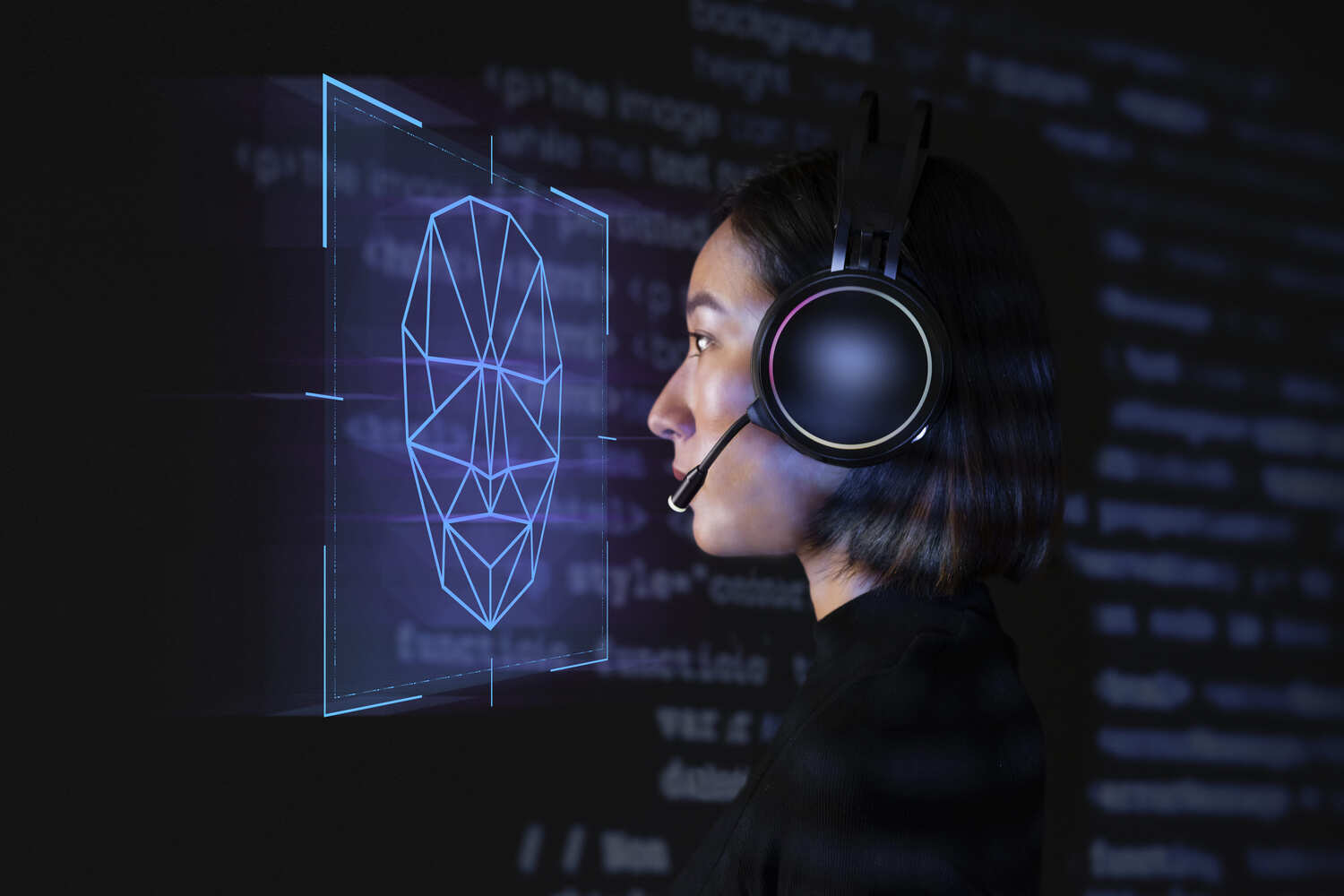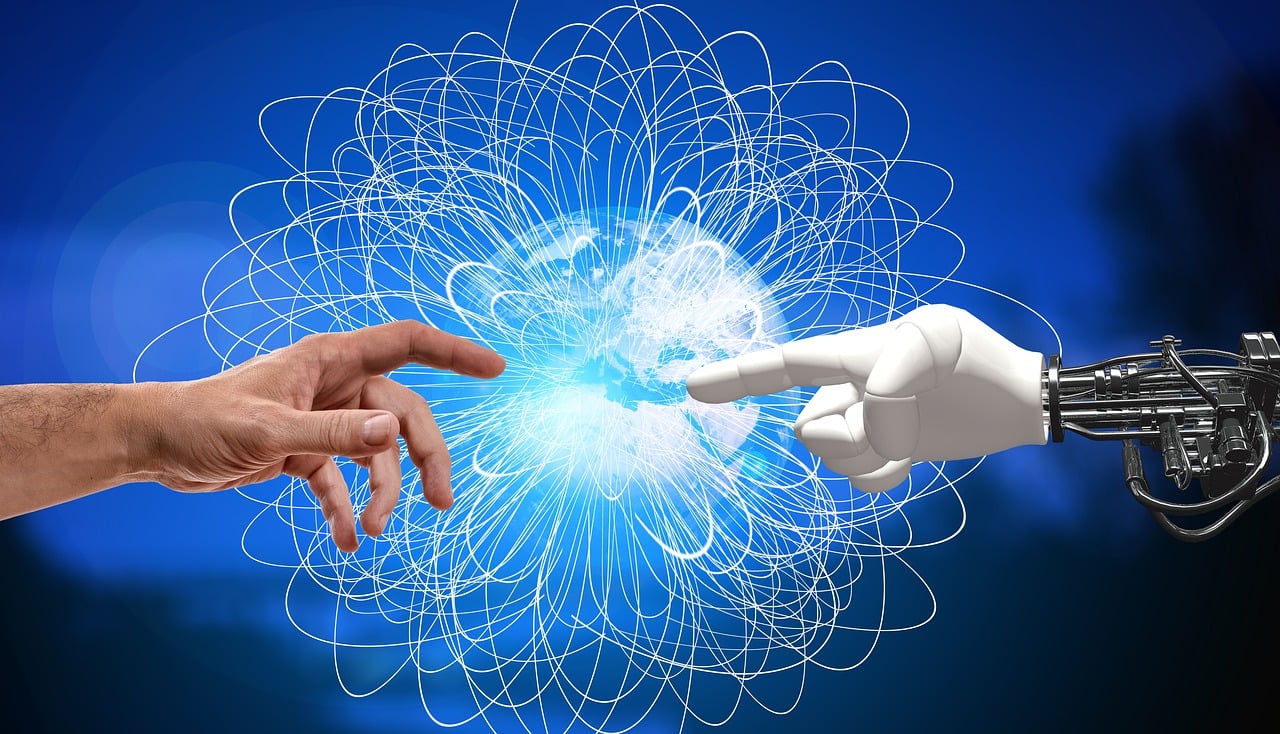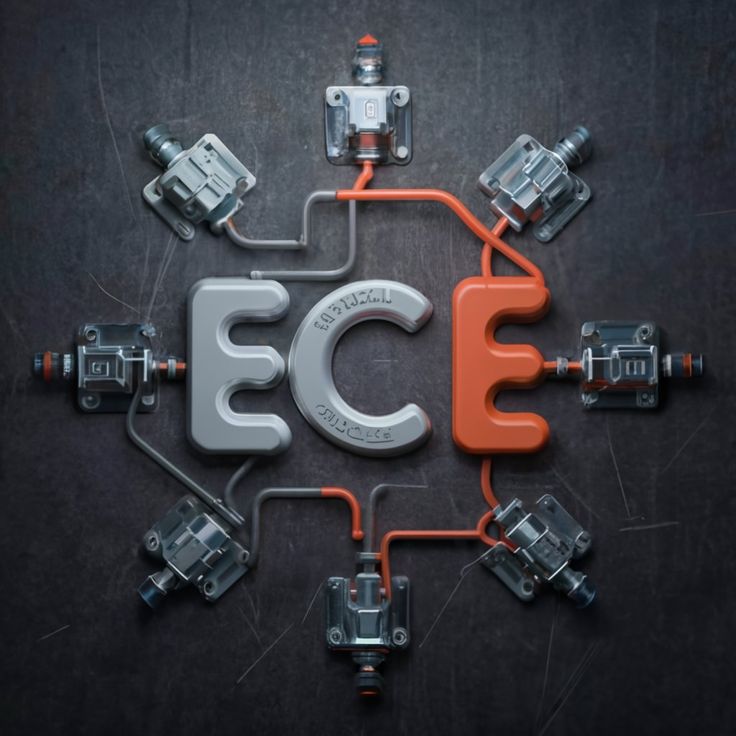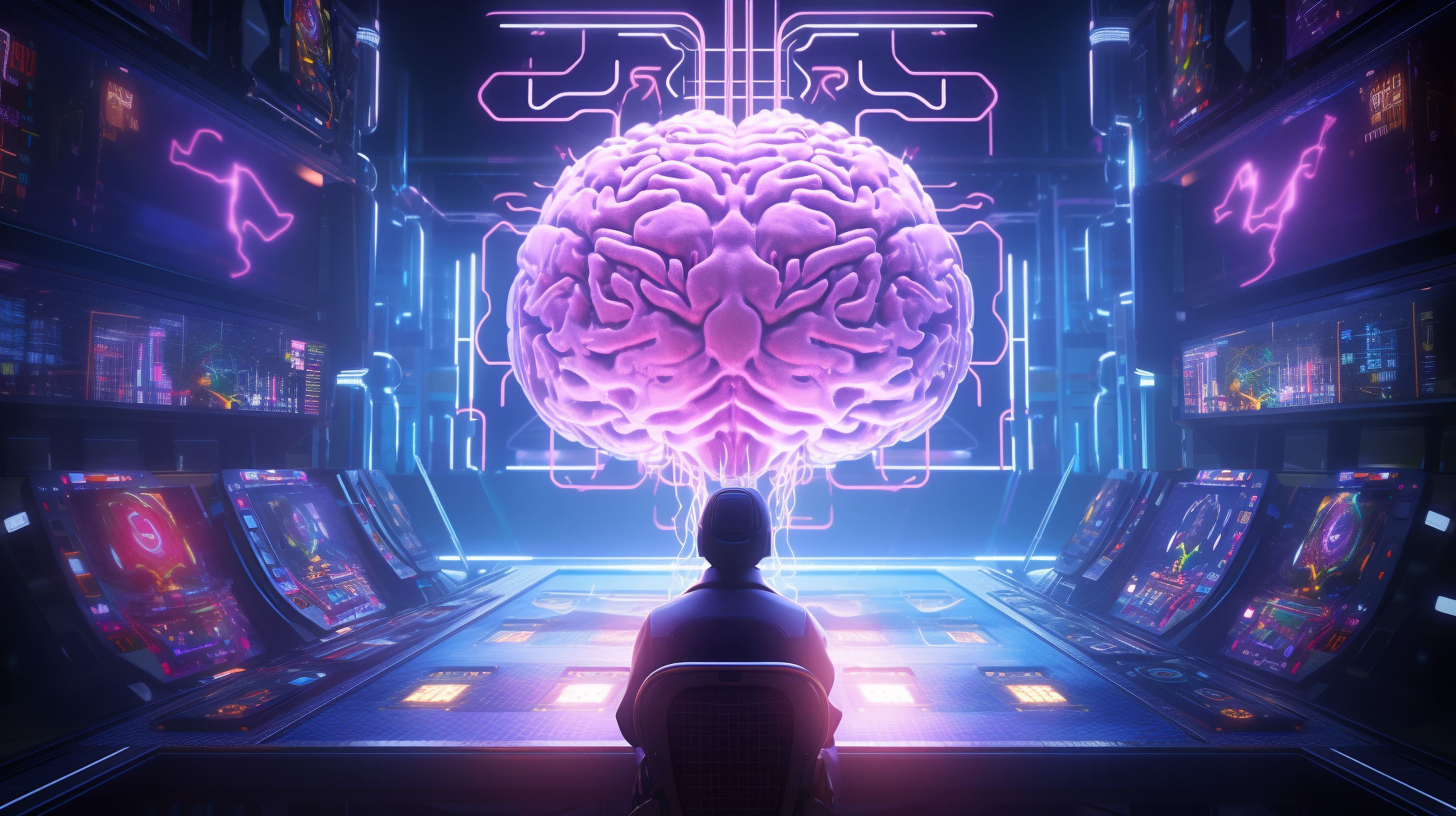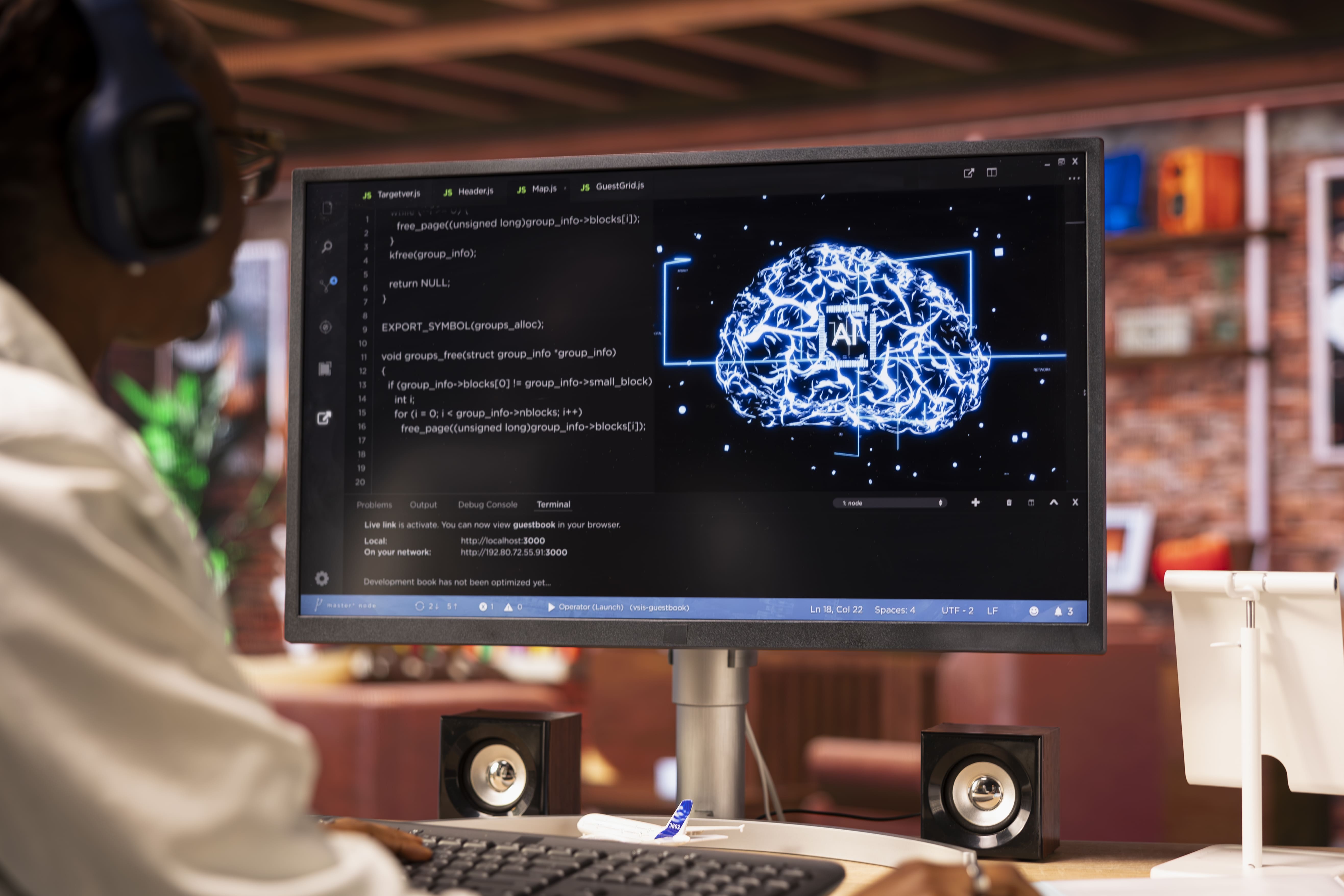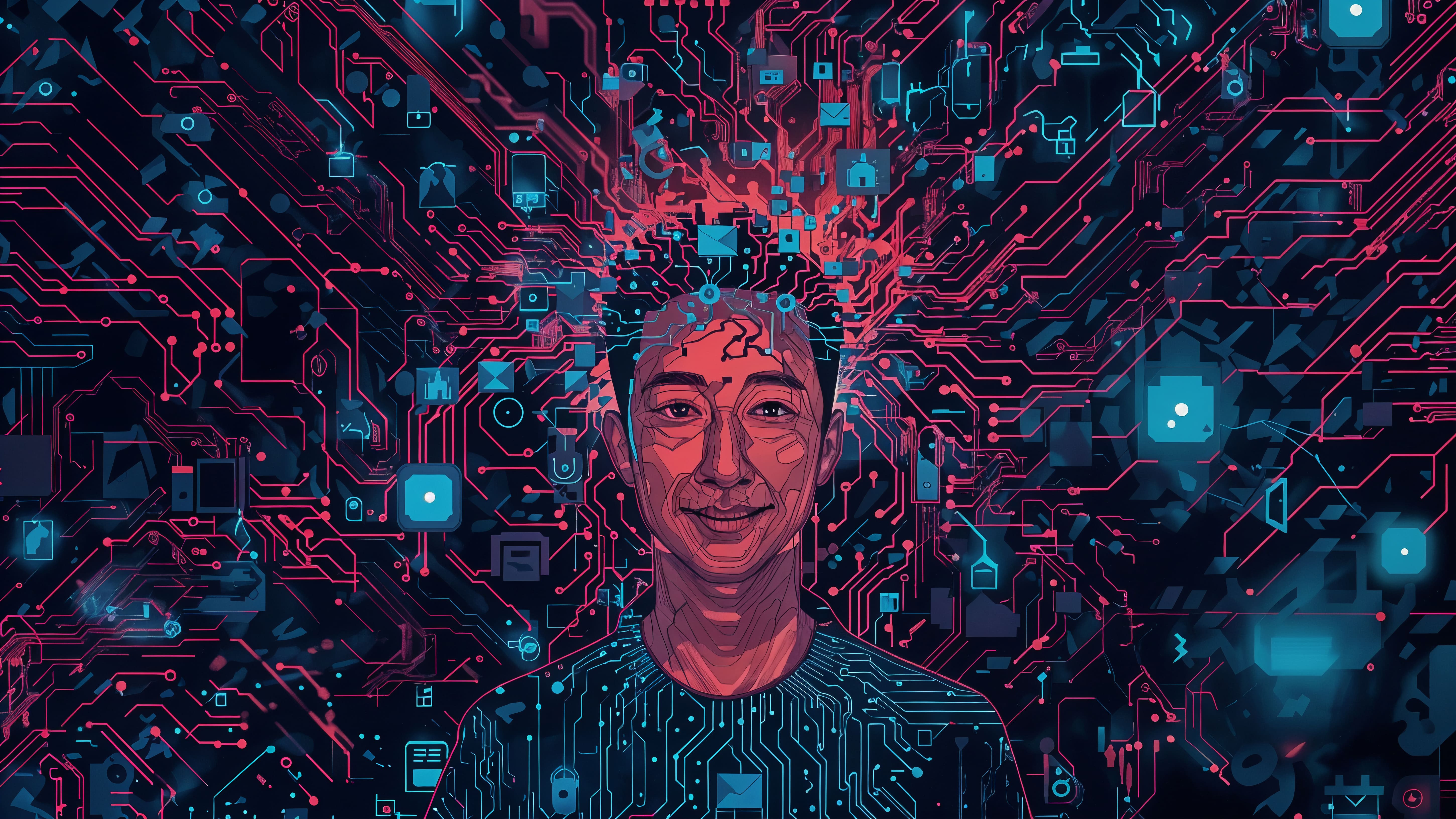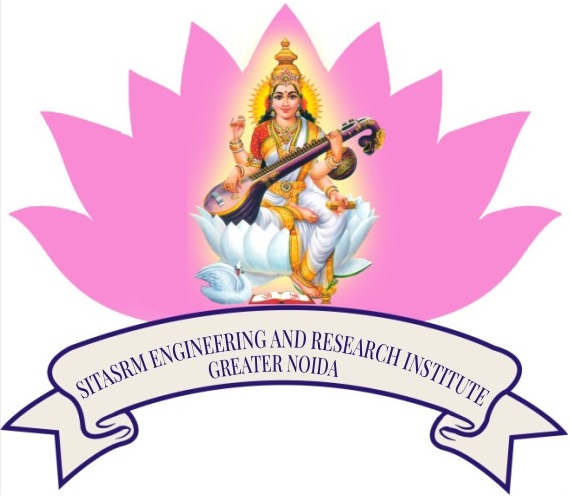 SITASRM ENGINEERING & RESEARCH INSTITUTE
SITASRM ENGINEERING & RESEARCH INSTITUTE
 SITASRM ENGINEERING
SITASRM ENGINEERING & RESEARCH INSTITUTE

SITASRM ENGINEERING & RESEARCH INSTITUTE
Menu
Quantum Machine Learning (ML): The Future of Computer Science?
Introduction to Quantum Machine Learning: The Future of Computer Science?
Quantum computing is no longer just a theoretical concept confined to the pages of science fiction; it's rapidly emerging as a revolutionary field with the potential to transform various industries and redefine the very limits of computation. At its most exciting intersection with artificial intelligence, we find quantum machine learning, a cutting-edge domain that promises to unlock unprecedented computational power for tackling some of the most complex problems known to humanity. But is this groundbreaking synergy truly the future of computer science? Will this emerging technology fundamentally reshape how we develop and utilize intelligent systems? Let's delve into this fascinating topic and explore the immense potential that lies ahead.
What is Quantum Machine Learning (ML)?
Quantum ML leverages the principles of quantum mechanics—like superposition and entanglement—to develop algorithms that can process information in ways classical computers cannot. Imagine a machine learning model that can analyze vast datasets and identify intricate patterns at speeds currently unimaginable. This is the promise of quantum ML. It aims to enhance and accelerate traditional machine learning tasks, offering the potential for significant breakthroughs in areas like data analysis, optimization, and pattern recognition.
The Power of Quantum ML
The benefits of quantum ML are profound:
-
Exponential Speed-Up: For certain problems, quantum ML algorithms could offer exponential acceleration over classical methods. This means tasks that currently take days or even years could potentially be completed in minutes or hours.
-
Enhanced Data Handling: Quantum computers are uniquely suited to handle high-dimensional, complex datasets. This capability allows quantum ML models to analyze massive amounts of information much faster, leading to more timely and accurate insights.
-
Improved Optimization: Many AI and ML applications rely heavily on optimization problems. Quantum ML is exceptionally well-suited for these tasks, leading to more efficient resource allocation and better predictive models.
-
Advanced Algorithm Development: The quantum paradigm enables the creation of entirely new and more efficient algorithms for AI and ML, pushing the boundaries of what's possible.
Applications of Quantum Machine Learning
The impact of quantum machine learning is expected to be felt across diverse sectors:
-
Healthcare and Drug Discovery: Accelerating drug design by simulating molecular interactions. Quantum ML can revolutionize personalized medicine and diagnostics.
-
Financial Services: Improving portfolio optimization, risk modeling, and fraud detection with more sophisticated algorithms powered by quantum ML.
-
Materials Science: Discovering new materials with desired properties by simulating complex atomic structures.
-
Logistics and Supply Chain Management: Optimizing routes, inventory, and demand forecasting more efficiently through quantum ML.
-
Climate Modeling: Developing more accurate and faster simulations for weather forecasting and environmental analysis using quantum ML.
Learning Quantum Computing for a Future in Computer Science
The rapid advancements in quantum machine learning mean that expertise in this field will be highly sought after. For individuals looking to shape the future of computer science, learning quantum computing is becoming increasingly vital.
At SITASRM Engineering and Research Institute (SERI), we understand the importance of staying at the forefront of technological innovation. If you're considering a computer science course that truly prepares you for tomorrow's challenges, exploring quantum computing is essential.
Our specialized programs are designed to equip students with the skills needed for this evolving landscape. For those interested in a broad foundation in AI and ML, our CSE AI and ML program provides a deep understanding of these transformative technologies. This computer science course lays the groundwork for exploring advanced fields like quantum machine learning.
Challenges and the Road Ahead
While the potential of quantum machine learning is immense, challenges remain. Current quantum hardware is still in its nascent stages, facing limitations in qubit count and coherence. Efficiently encoding classical data into quantum states also presents a bottleneck. Its full realization faces key hurdles:
-
Hardware Limitations (NISQ Era):
-
Limited qubits and prone to noise.
-
High cost and restricted accessibility.
-
Algorithm Development:
-
"Barren plateaus" hinder training.
-
Efficient data encoding is complex.
-
Software Immaturity:
-
Evolving quantum software ecosystem.
-
Challenges in integrating with classical systems.
The Path Forward:
Despite these challenges, rapid progress is expected:
-
Hardware Advancements: More stable qubits, better error correction, and scalable architectures.
-
Hybrid Computing: Combining quantum and classical systems for optimized performance.
-
Algorithm Refinement: Developing more robust and specialized quantum machine learning algorithms.
-
Evolving Software: User-friendly tools and cloud access will expand.
The future of computer science is being shaped by quantum ML, offering transformative solutions to complex problems.
Conclusion: A Transformative Era for Computer Science
Quantum machine learning is not just an incremental improvement; it represents a paradigm shift in computing. It has the potential to solve problems previously considered intractable, driving unprecedented advancements across scientific and industrial domains. For aspiring computer scientists, especially those interested in AI and ML, understanding and learning quantum computing and its specialized sub-field of quantum ML will be crucial for a successful and impactful career. The future of computer science is undoubtedly being shaped by the exciting possibilities of quantum machine learning. However, significant research and development are underway to overcome various expected hurdles. The later era likely involves hybrid quantum-classical computing, where quantum systems handle specific computationally intensive tasks, while classical computers manage the rest. Explore the possibilities with SERI and be part of this transformative journey!
.jpg)

